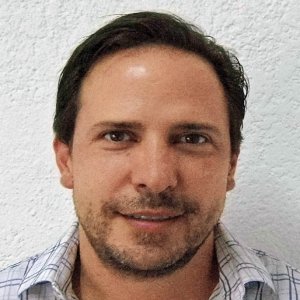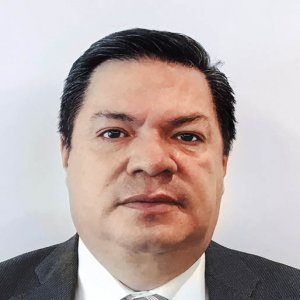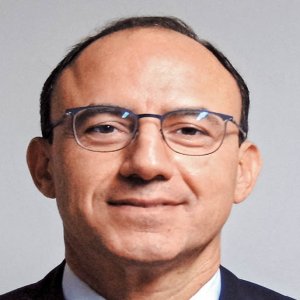After Medicine Is Thrown Away

STORY INLINE POST
While all households purchase medicine, few dispose of it properly. This leads to a variety of problems including counterfeit medicine and environmental pollution. According to the General Law for the Prevention and the Integral Management of Residues, “large generators, producers, importers, exporters and distributors” of special handling products are responsible for “formulation and execution of management plans.” Yet, not all take responsibility for their generated residues.
SINGREM, a civil association, was created to tackle the problem, collecting unneeded and expired medicine from around the country to prevent it from being tossed into landfills. Over the past year, the association has expanded its reach, moving into Chiapas. “We entered Chiapas through an agreement with the state government. We delivered 40 containers, half of which were placed in government clinics and the other half in Farmacias del Ahorro,” says José Aedo, Director General of SINGREM.
One hurdle the association faces is the challenging security environment in some areas of Mexico. This is the case of Tamaulipas, in the northeast of the country, where according to Aedo it is not present because the risks are too great. Another example is Michoacan, a state it abandoned when the situation became unstable, although the association returned once it was safe to do so.
Today, SINGREM has almost extended its coverage across the country and is now only missing from Tabasco, Baja California Sur, Chihuahua, Sonora and Tamaulipas. It hopes to have collected around 520 tons of medicine or 15 million units by the end of 2016, which it estimates to represent around 15- 20 percent of medicine discarded. It has agreements with 103 laboratories to perform collections and the association managed 4,750 containers as of September 2016. “Most of these are in national pharmacy chains, 2,470 of them, such as Farmacias Guadalajara, Farmacias Benavides and Farmacias San Pablo,” Aedo says. To minimize security risks, the trucks that collect the meds from SINGREM containers bear no logo so as to avoid unwanted attention. While it may seem like a container full of expired medicine is the perfect source for counterfeit medicine, Aedo says that in the three years he has headed SINGREM only two containers have ever been stolen.
Some states dispose of less medicine than others. Aedo says that the longer they have been present in a state, the more the program collects. “In the center of the country, Mexico City, Puebla, Jalisco and Veracruz, our program works well, but there are still many states that are lagging behind,” Aedo says. “The North only represents 6 percent of our collection and it is an area reasonably well covered.” He puts this down to the fact they only entered these states a year and a half ago and expects results to improve with time. “In Mexico City, we collected over 12 tons in September 2016. In the entire state of Nuevo Leon, we collected 0.2 tons,” Aedo says. To make greater advances, more government support is needed for companies to allocate funds to the collection of expired medicine. “Each state supports us differently. Hidalgo, for example, has its own collection projects and invited us to partake. Others are practically not interested in expired medicine. The support we receive in Guanajuato is incredible, as is that of Mexico City,” he says.
While it is obligatory for companies to participate in the disposal of the medicine they produce, many neglect their responsibilities, leaving SINGREM to clean up after them. From January to July 2016, only 57 percent of the medicine collected by SINGREM came from affiliated companies, while it received no contribution from the companies the produced the other 43 percent. In addition, many generics laboratories refuse to participate outright because of a lack of law enforcement. This is an issue for SINGREM because 52 percent of the medicine it collects is generic. Because these are expired meds sold two to three years previously, Aedo expects this rate to rise in line with the proportion of generics sold.
Despite the setbacks, SINGREM will continue its effort to cover all 32 states as soon as possible. Once this is achieved, it hopes to increase publicity nationwide and push people to dispose of their medicine adequately. By implementing 6,000 containers nationwide, it hopes to collect 1,000 tons of medicine per year.






















